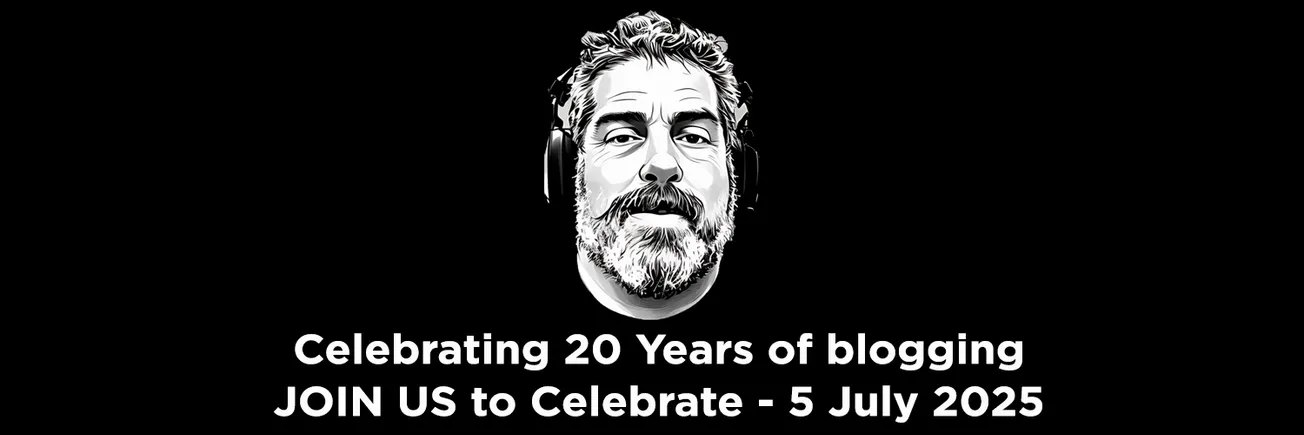Table of Contents

The media’s focus of the TWG’s report has been entirely on Capital Gains Tax, but there are a number of other proposed taxes in the report that have not had much airtime. One in particular had been mostly overlooked, mainly because it was considered too difficult to implement. In the wake of recent events, however, this proposed tax is being revisited by the government, and it has been decided to fast-track its implementation, so that it will be applicable for the new financial year.
The Inappropriate Thought Tax will apply from 1st April 2019. A flat rate of $100 tax will apply to all thoughts that are deemed inappropriate by the government from that date onwards.
The government, together with the telecommunications and social media companies, has developed an algorithm that scours e-mails, Facebook posts and tweets for inappropriate comments. The perpetrators of these comments will be forced to pay the tax for each comment that is deemed to be inappropriate. The tax collection will be done by the telecommunication companies, and will be levied as part of the user’s monthly bill. Penalties and interest will apply to all late payments.
Inappropriate thoughts are often the domain of those with education and high-paying salaries. The purpose of this tax is to redistribute wealth from those who can afford such thoughts to those that can’t.
In order to provide all users of the most common communication channels with guidance, we list some situations where the tax may be applied. Examples of ‘inappropriate thoughts’ are as follows:
“I think this winter is going to be much colder than usual.”
While this may seem like an innocent comment, it means that the commenter does not believe in global warming, and therefore must pay a tax for inappropriate thinking.
“I really miss the free supermarket plastic bags. They had so many uses.”
This indicates that the commenter is not on board with government policy, and such inappropriate thinking must be shut down once and for all.
“I can never remember the words of the Maori version of the National Anthem.”
This commenter will be fined for not trying harder.
“Mould in a person’s house means that they don’t clean it properly.”
This person clearly has no empathy with those less fortunate then themselves and, in addition to the $100 tax, will also have to spend a week sleeping in their car.
“Low scores in school exams means that you are either lazy or stupid.”
We will not tolerate an attitude that says people should try to help themselves. This comment would attract a $200 fine for insurgence.
The government thinks it is appropriate for all citizens to start adjusting their thoughts immediately. Those who are found to be repeat offenders will face harsher penalties, such as having their internet accounts suspended or their computers confiscated. Continued offending will mean that the perpetrator will be resettled in an area where there is little or no internet access at all, such as Mokohonui or the Kaingaroa Forest.
Hahaha
Whaleoil has already taken steps to protect its readers from the new taxation rules. All commenters are now requested to submit their comments by NZ Post, quoting the date and the article that the comment refers to. We will then publish the comments anonymously approximately one week after the relevant article is published.
All commenters are requested to comply with this new policy immediately. We will not be accepting comments posted directly onto the site, with effect from 1st April 2019.





